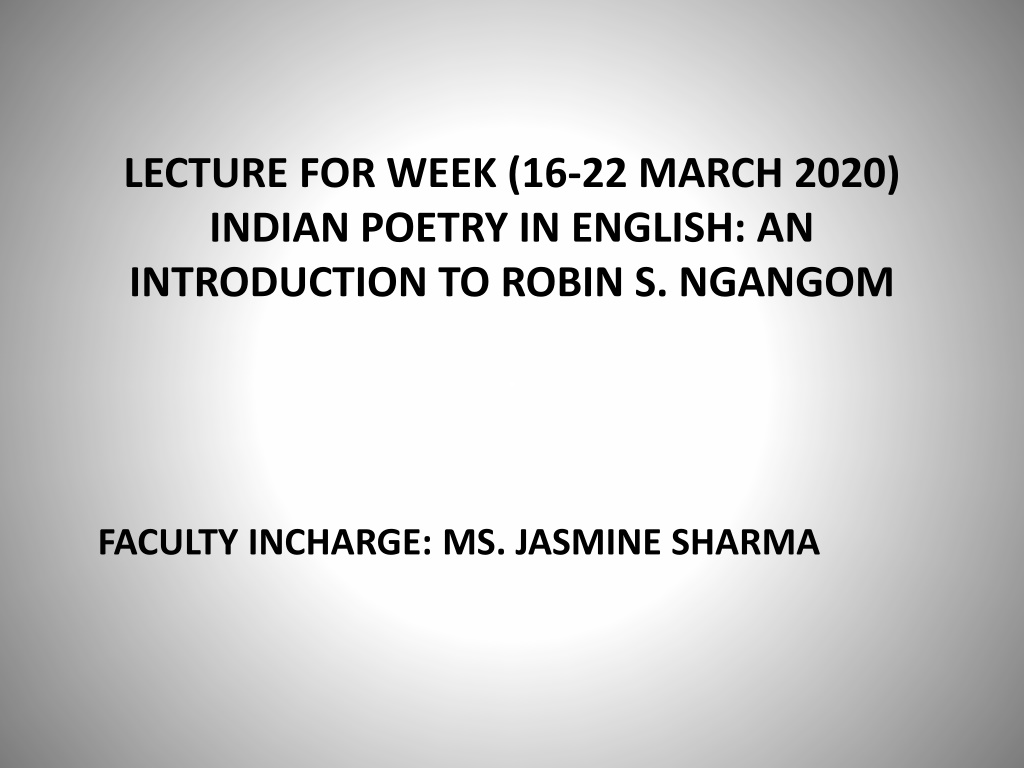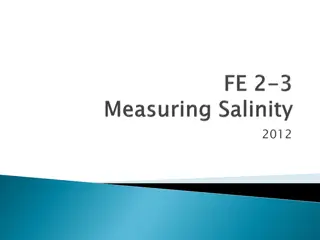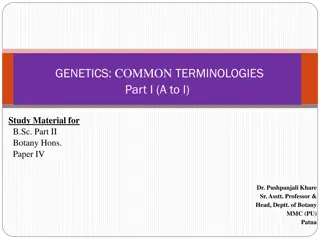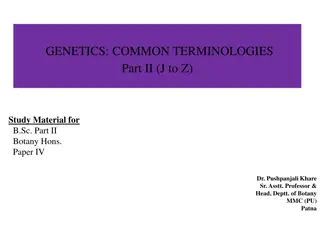Exploring Indian Poetry in English through the Works of Robin S. Ngangom
This lecture delves into Indian Poetry in English, focusing on the experimental phase and introducing poet Robin S. Ngangom. It discusses the key features of Indian poetry in the experimental phase, social progress, and Ngangom's background, poetic style, and themes. The lecture sheds light on Ngangom's confessional mode of poetry, addressing identity, alienation, exile, and societal scrutiny in his works. Attendees can expect an insightful exploration of Indian poetry and Ngangom's significant contributions to the genre.
Download Presentation

Please find below an Image/Link to download the presentation.
The content on the website is provided AS IS for your information and personal use only. It may not be sold, licensed, or shared on other websites without obtaining consent from the author. Download presentation by click this link. If you encounter any issues during the download, it is possible that the publisher has removed the file from their server.
E N D
Presentation Transcript
LECTURE FOR WEEK (16-22 MARCH 2020) INDIAN POETRY IN ENGLISH: AN INTRODUCTION TO ROBIN S. NGANGOM FACULTY INCHARGE: MS. JASMINE SHARMA
This lecture discusses the features of Indian Poetry in English (especially of the third phase: the experimental phase) The three phases of Indian Poetry in English were discussed in the last lecture. Further, the lecture introduces the poet, Robin S. Ngangom, his writings style and the major aspects of his poetry. Ngangom s particular poem prescribed in the syllabus will be dealt in the next lecture.
INDIAN POETRY IN ENGLISH The primary features of Indian Poetry in English of the Experiment phase (during which Ngangom s writings are categorized) are as follows: Modernization Urbanization Industrialization Westernization Mobility Freedom of thought and expression Social Change Cosmopolitanism Realism
Social progress was achieved through mass education. Economic and social progress resulted in the broadening of the middle sections of the society. Spread of English language played a significant role in shaping the poetry of the experimental phase. Indianization of English language in the terms of pronunciation, intonation, idioms, word order, free verse and syntax. Rise in scientific temperament and modern sensibility giving rise to agnosticism and atheism among the educated intellectual Indians. Use of symbolism and stream of consciousness technique in the poems.
ROBIN S. NGANGOM: AN INTRODUCTION Was born in1959 in Imphal, Manipur. A bilingual poet and translator: writes in both English and Manipuri Has composed three volumes of poetry: 1. Words and the Silence (1988) 2. Time s Cross Roads (1994) 3. The Desire of Roots (2006) Prizes Won: 1. Udaya Bharati national Award for Poetry 2. Katha Translation Prize
FEATURES OF NGANGOMS POETRY Confessional mode of poetry (turning inward) Carries autobiographical elements Showcases crisis of identity Deals with themes of alienation and exile Quest for the self Politically radical Comprises memories of childhood Deals with societal scrutiny Questions religion
THANK YOU (ALL QUESTIONS, DOUBTS, SUGGESTIONS AND FEEDBACKS ARE WELCOME)























